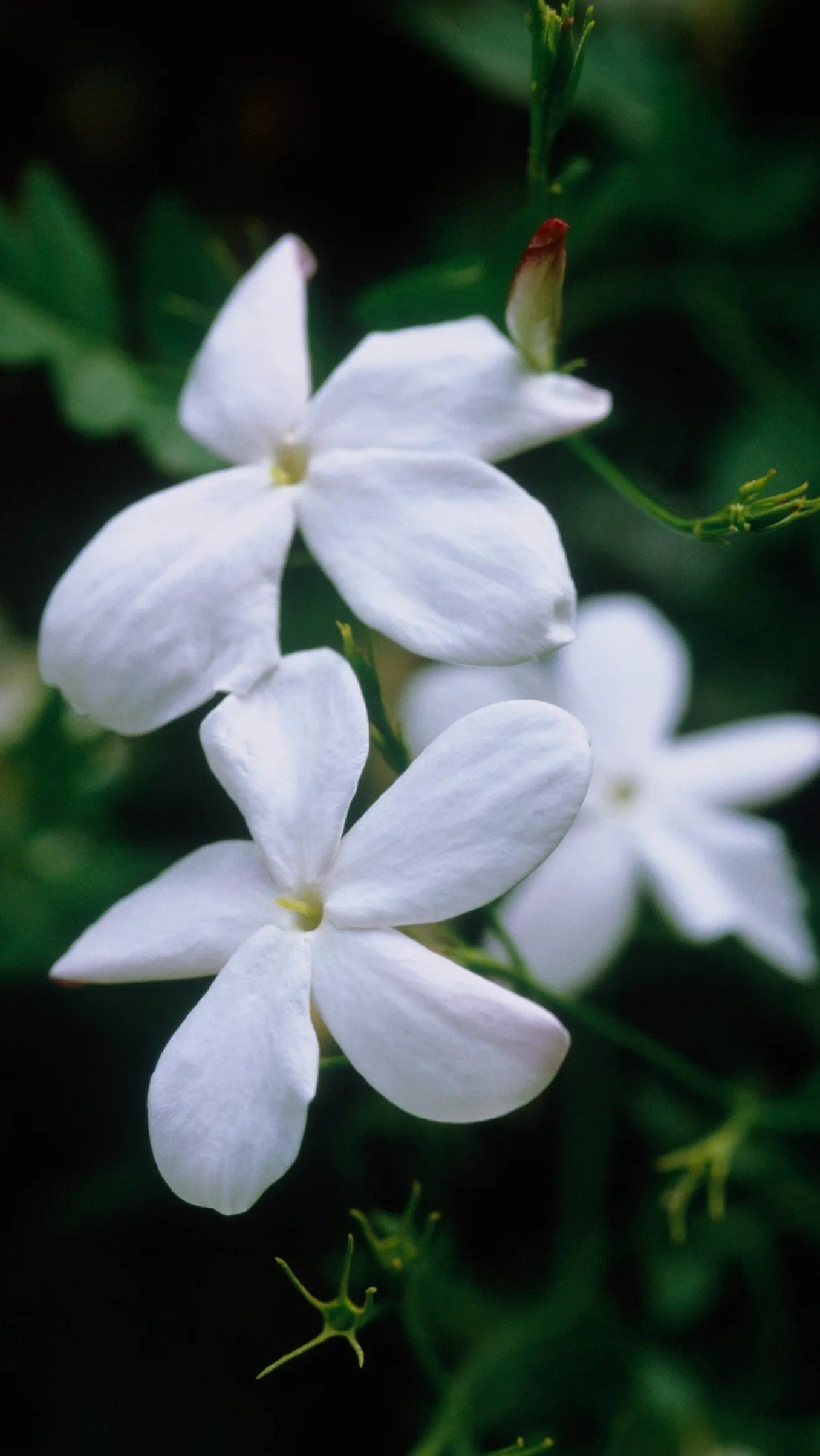Herbal Alternative
Jasmine Tea
Jasmine Tea
Couldn't load pickup availability
The scent of jasmine is known for its calming and uplifting effects, making it popular in aromatherapy. It can help reduce anxiety, stress, and even mild depression when used in essential oil diffusers or massage oils. Jasmine aroma has sedative properties that can promote better sleep quality and help with insomnia. Often used in teas or as a pillow spray for sleep aid.
Jasmine may have aphrodisiac effects and has been traditionally used to help regulate menstrual cycles and ease menstrual cramps.
This Jasmine tea is made with green tea and can aid digestion and may help relieve bloating, gas, and stomach cramps. Inhaling jasmine steam may help relieve coughs, colds and congestion.
Dosage: 1.5 teaspoons 2x daily in 8 oz of water (175 degrees) for 3-5 minutes to soothe digestion. Strain and enjoy. Not recommended in high amounts for people sensitive to caffeine.
Always consult your healthcare professional before using any herbal product, especially if you are on ANY medications, pregnant or nursing, or a child under age of 13.
We purchase from reputable wholesalers who offer certified organic, non-GMO products that have been ethically sourced and quality tested for authenticity.
This information is intended for assist you in making an informed decision regarding your health and wellness goals. It is not meant to diagnose, treat, cure, or prevent any medical condition. In the United States, the Food and Drug Administration does not regulate herbal supplements and they have not evaluated these statements. Therefore, some supplements may not contain your herb of choice.
Share

